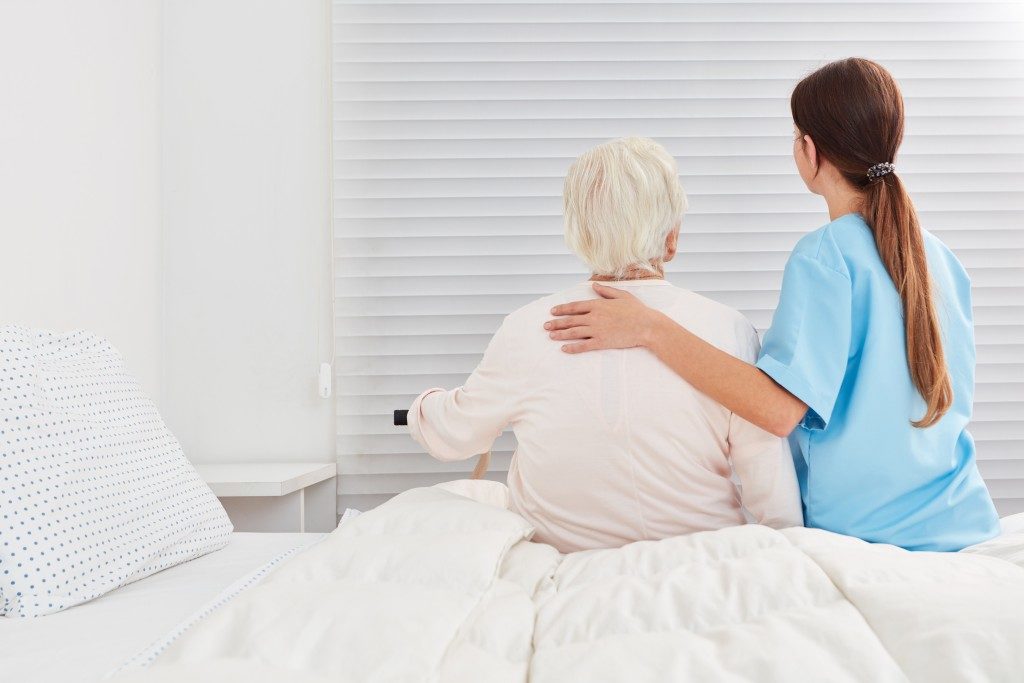Among the most difficult aspects of caring for an aging loved one is seeing them change moods quickly and having to deal with the agitation. Unfortunately, a lot of caregivers have to face this reality not only when their elderly couldn’t find their glasses or keys, but when nighttime comes — which means on a daily basis. It’s called sundowner’s syndrome.
If your loved one suffers memory problems and goes through episodes of disorientation and anxiety “as the sun goes down” literally, there’s a good chance that they have such a condition. The first step in helping them manage this is to know what exactly triggers it. Believe it or not, it’s not just the turning of the day into night. Here are other things that may be triggering sundowner’s syndrome:
Too many activities
Many seniors tend to exhibit signs of confusion when they see and experience too many things as the day closes. For instance, in nursing homes, the change in staff members can throw their headspace into disarray. In fact, they may be suspicious of the “new” people helping them. At home, they may grow disoriented at the busyness of everything, like the television running the nighttime news, you preparing dinner, grandkids running all over the house, etc.
Doing a lot of things can also be a trigger. It leaves your loved one tired, which then can affect how they perceive their surroundings and keep their emotions in control. Your goal then is to remove distractions and reduce activities as evening approaches. Keep everything light to put your elderly loved one at ease.
Hormonal imbalances
 It’s also possible that the root of the problem comes from something within. Some doctors believe that hormonal imbalances can disrupt the internal body clock, and therefore make your loved one confused about sleeping and waking time. For this reason, medical practitioners at assisted living, in Ogden facilities particularly, encourage seniors to spend time outdoors or at the very least, sit by the window because exposure to natural light can help in resetting the body clock.
It’s also possible that the root of the problem comes from something within. Some doctors believe that hormonal imbalances can disrupt the internal body clock, and therefore make your loved one confused about sleeping and waking time. For this reason, medical practitioners at assisted living, in Ogden facilities particularly, encourage seniors to spend time outdoors or at the very least, sit by the window because exposure to natural light can help in resetting the body clock.
If you’re looking for physical activities to introduce to your elderly loved one, prioritize those that are done outside, like walking, gardening, or fishing. Do note also that aside from hormonal imbalances, chemical changes in the brain can trigger anxiety before going to bed. This may lead to wandering into the night or having trouble sleeping. Ask your loved one’s doctor for medications that will help reduce the anxiety.
New place
People suffering from memory problems may feel the difficulty of making sense of their new surroundings, precisely because they may never remember it. As the atmosphere changes and the sun goes down, the unfamiliar place will add to their confusion.
Of course, it’s difficult to replicate exactly what your home looks like if your loved one has to be in the hospital for days or in an assisted living community, but what you can do is fill up their environment with familiar objects, like family photos or a favorite blanket or mug. If your loved one is staying at home, on the other hand, avoid changing up the placement of furniture. Any difference in the way things are may take them to a “new place” unfamiliar to them.
It’s difficult to deal with sundowner’s syndrome. As much as you can help your loved one avoid its symptoms. Beware of these mentioned triggers.
